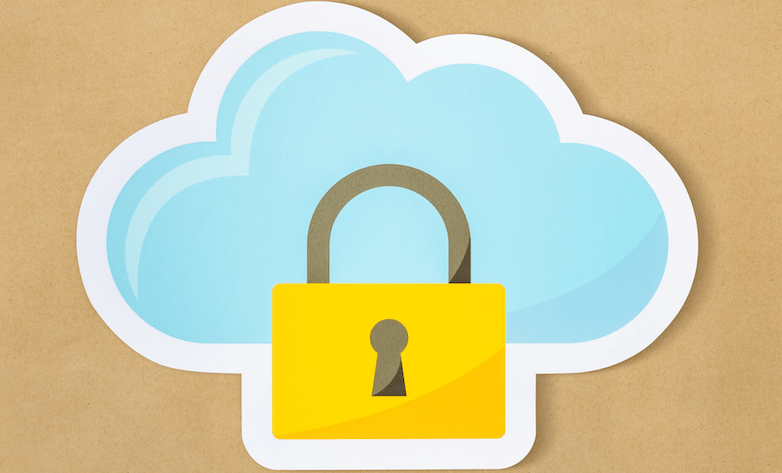More organizations than ever before are using the Cloud to store personal and sensitive information. Afterall, it’s affordable, convenient, and easy to use. However, the Cloud, like other electronic services, can be hacked by cyber-criminals. In order to maximize the Cloud’s security and minimize the chances of being hacked, organizations must adopt various cyber-security practices.
One of the most common issues organizations have when adopting the Cloud is finding the right ratio of storing data on private and public databases. A majority of organizations begin by adopting a Hybrid Cloud model, where information is split
With a public Cloud, the provider, rather than the organization, is responsible for the management and maintenance of the Cloud. Though this relieves organizations from this tedious responsibility, there is also a risk that the provider may not follow proper security practices making an organization
For example, a bug was recently found in a public Cloud that could read data from client-decommissioned Cloud servers. The public Cloud operator reissued these decommissioned servers to new customers, completely unaware that they were spreading the bug. To avoid this scenario, organizations must find a provider that specializes in security and compliments their infrastructure.
both types of databases. This ensures that if one database is hacked, part of the information is safe on the other database. However, many small to midsize businesses cannot afford to have on-premise servers where they can host their critical database. Instead, they rely entirely on a public Cloud for their processing and hosting needs.
With a public Cloud, the provider, rather than the organization, is responsible for the management and maintenance of the Cloud. Though this relieves organizations from this tedious responsibility, there is also a risk that the provider may not follow proper security practices making an organization
For example, a bug was recently found in a public Cloud that could read data from client-decommissioned Cloud servers. The public Cloud operator reissued these decommissioned servers to new customers, completely unaware that they were spreading the bug. To avoid this scenario, organizations must find a provider that specializes in security and compliments their infrastructure.
If businesses fail to secure their data, including their customer’s personal information, they will experience both monetary loss and brand destruction. Take Facebook for example; they have faced expensive lawsuits due to data protection infringement. When consumers became aware of how their personal data as being used, many abandoned the application
Governments across the world are starting to take an active role in data privacy matters. Under the General Data Protection Regulation, the European Union has developed policies to ensure the processing of citizen’s personal data by organizations is in the EU. Canada has developed a Cyber Essentials certification that sets the standards for information security.
In
Data security is the single most important lifeline for organizations who rely on increased user-base and public Cloud hosting. Without it, their business will fail as consumers turn to other providers deemed more secure and dedicated to protecting their personal information.
Luckily, cyber-security firms such as SourcetekIT can help organizations develop a secure Cloud environment that compliments their unique infrastructure. Without this additional support, Cloud storage is left incredibly vulnerable to attack.



